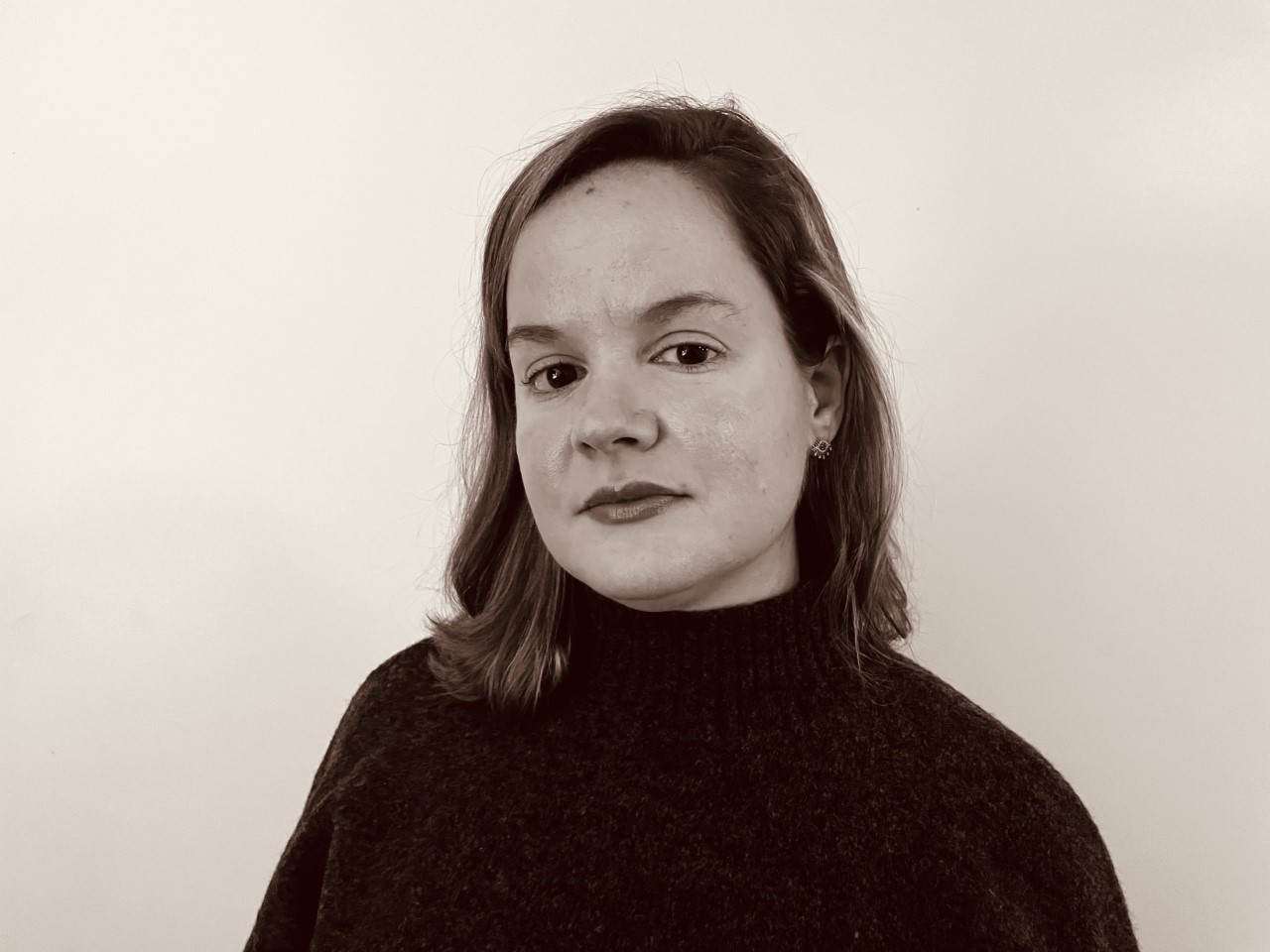I hold a law degree from Venezuela, an LLM from the American University Washington College of Law in the U.S. and an LLM from Osgoode Hall Law School. I practiced law in Venezuela and collaborated with legal clinics and other civil society organizations in the country. My work revolves around women's rights, on-the-ground research, research coordination, and report writing in Latin America, particularly Venezuela, Colombia, and Mexico.
I worked at the Interamerican Commission on Human Rights, conducting preliminary petitions reviews. Later, I was an advocacy officer at the Mexican Commission for the Promotion and Defense of Human Rights in Mexico City, my work included: drafting shadow reports, and accompanying victims of human rights violations to public hearings at the ICHR and the Human Rights Council, among other responsibilities.
My international work experience in human rights law shapes my academic engagements. My recent LLM at Osgoode was a deeply theorized exploration of digital feminist activism in Venezuela, and included interviews with the founders of the #YoTeCreo movement. Within a transnationalized intersectionality framework, I argue that #YoTeCreo was not merely a Venezuelan version of #MeToo but more rooted in Latin America's feminist moments.
My current doctoral project questions how feminism have conceptualized access to justice for women. I plan to explore the views of the criminal legal system held by Venezuelan women who have experienced sexual violence. My sophisticated methodology aims not to extract knowledge from these women but to co-create knowledge, envisioning alternatives to the current world.
Research
This dissertation will foster a critical examination of the criminal law system in Venezuela through a feminist and restorative lens. I will offer the first feminist analysis of the criminal law system by shedding light on the lives and experiences of women who have experienced sexual violence (WESV) that have navigated this system searching for justice and envisioning justice mechanisms that attend to their needs. I will employ various feminist methodologies, such as ethnography, conversation circles, and in-depth interviews. By centring on women's experiences and perspectives on the criminal law system in Venezuela, this project intends to answer two research questions: What are WESV’s perspectives and understandings of the criminal law system? And, what justice mechanisms can WESV envision that will provide them with access to justice? This study will be one of the first exploratory academic contributions on Venezuelan women’s perspectives on the criminal law system and their perceptions of justice for acts of VAW. Rather than focusing on perfecting the criminal apparatus this research uses feminist methodologies to prioritize the views, experiences, and narratives of WESV in Venezuela.
As a scholarly matter, there is an urgent need to question the Venezuelan criminal law system as the only or most appropriate avenue to provide access to justice for WESV. This research will incorporate complementary theoretical frameworks including feminist legal theory, anti-carceral feminism, criminal law theory, and restorative and transformative justice theory. First, my aim is to contest the work of carceral feminists who have promoted laws to prevent, prosecute and punish acts of VAW, and embraced the state as their protector by using the criminal system (Tapia-Tapia, 2022). I will engage the work of anti-carceral feminists (Bernstein, 2012, Pitch, 2020; Gruber, 2020; Davis, 2003) to reflect on how criminal law reform is created within a larger structure of power and patriarchy that has impacted the most vulnerable populations. Anti-carceral feminists argue that increasing penalties for existing crimes and creating new crimes does not translate into real protection for women nor effectively deters VAW (Larrauri, 2008; Nuñez, 2018; Dolores, 2020). I will also engage with literature on restorative and transformative justice. Furthermore, studies on women in detention facilities in Venezuela, and in Latin America, demonstrate how the criminal law system disproportionately impacts the most vulnerable women, including low-income, poor, racialized and migrant women, and those with previous experience of violence (Saez & Muskus, 2021). This project contests the criminal response to VAW in Venezuela and invites WESV to reflect on their experiences with the criminal system as the only available avenue for accessing justice.
